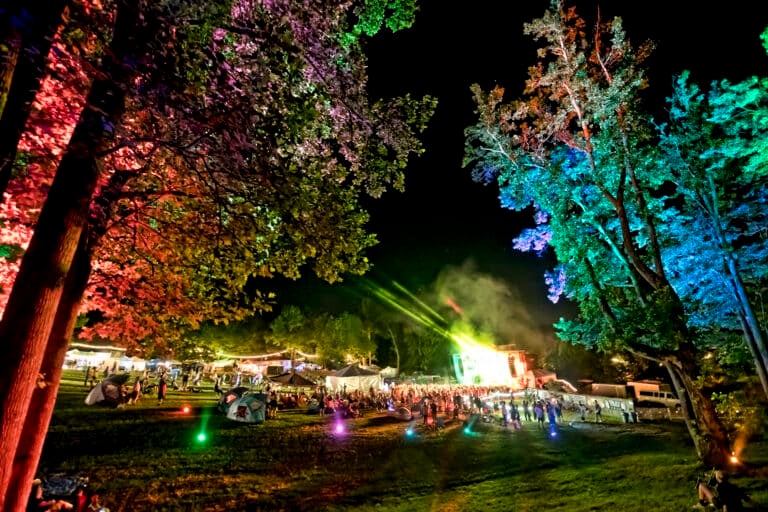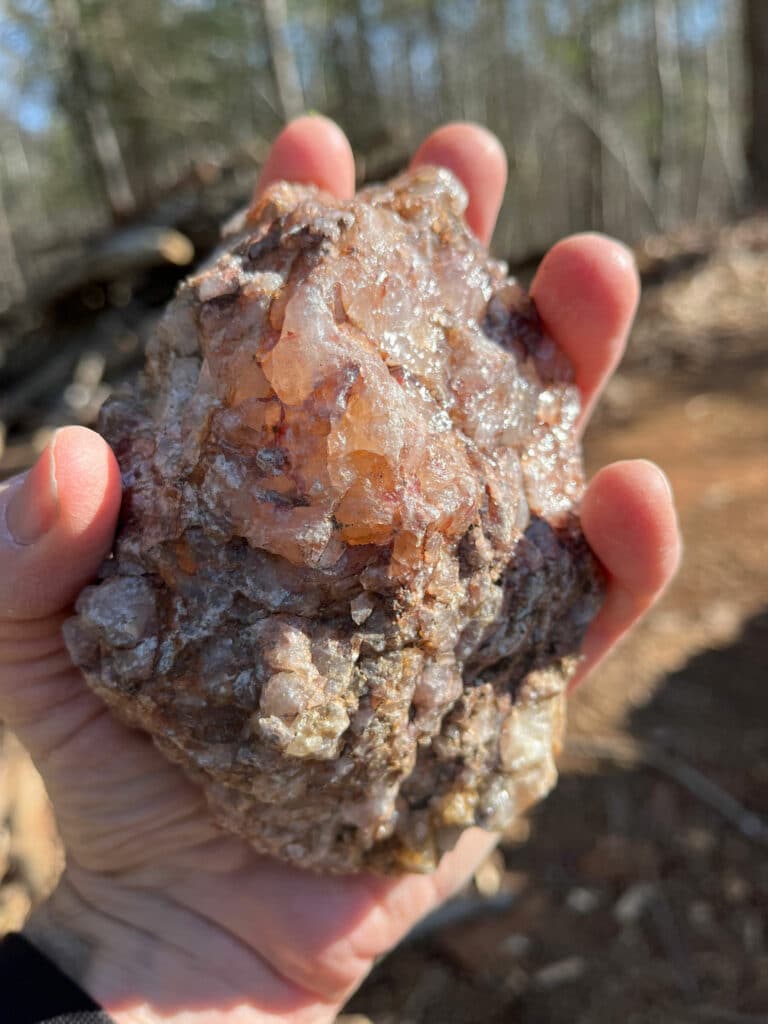Climbers Seek Access To Cloudland Canyon
Georgia’s Cloudland Canyon boasts gorge walls that rise almost 2,000 feet from the valley floor. Miles of steep sandstone cliffs and creekside boulders highlight the state park. The quality of rock has prompted the Southeastern Climbers Coalition (SCC) to start a grassroots letter writing campaign requesting climber access to Cloudland’s forbidden cliffs.
“We’ve received a number of public comments, which are being discussed in upper management,” says Ryan Hilton, a ranger at Cloudland Canyon. “But climbing has been off-limits for some time, and as of right now, that’s still the policy.”
The Southeastern Climbers Coalition has been successful in reversing climbing bans. They recently secured bouldering access at Panola Mountain, another Georgia state park.
“The Cloudland Canyon process is only in its infancy right now,” says Brad McLeod, spokesperson for the SCC. “But it’s one more piece in the puzzle, and Cloudland would offer another climbing option near Lookout Mountain.”
Cloudland Canyon sits on the western edge of Lookout, the same long, wide, rocky mountain that has given climbers classic crags like Sunset Mountain in Tennessee, Rock Town in Georgia, and Little River in Alabama. According to the Georgia Department of Natural Resources, however, climbers shouldn’t hold their breath while waiting for access to Cloudland Canyon.
“We can’t offer climbing right now at Cloudland with the current trail system in place,” says Kim Hatcher, information officer for Georgia State Parks. “The type of rock that makes up Cloudland’s cliffs breaks easily, which means there would be a significant amount of debris falling below the climbers. Right now, the trails are located beneath the rock, so it’s a safety issue. Climbing would put hikers at risk.”
And forget about re-routing the hiking trails in the current economic recession. The Department of Natural Resources is in the midst of a budget crunch and doesn’t have the staff or resources to undertake a large trail-building project.
Still, McLeod feels as if the letter writing campaign has laid the groundwork for a serious access discussion in the future. “It’s one of the last parks run by the Georgia DNR that still bans climbing. The fact that there’s any kind of movement on the issue is promising.”









